Shepherds’ association battles climate change

SHARE THIS PAGE!
Once a pristine paradise for herders and their livestock, the grasslands of Lesotho now find themselves at the forefront of the war against climate change, that has got Metolong Dam’s vulnerability increasing by the day.
As temperatures rise and rainfall patterns shift, these herders find themselves in the frontline, using their knowledge of the land to defend the precious wetlands that sustain their way of life.
But the delicate balance between the herders and their environment is now threatened by a new adversary – climate change. In response, in 10 villages surrounding Metolong Dam and Machache areas, herders have united under a common cause: to defend their precious wetlands and catchments as well as the livelihoods they support.
The 83-metre high, 60-metre wide Metolong Dam, which provides vital water resources for thousands of people is especially vulnerable to climate change impacts such as soil erosion which is leading to siltation into the dam. As a result, the dam system now faces a risk of reduced life span.
This poses a serious concern to the livelihoods of thousands of Basotho who are benefiting from the supply of water by the dam.
Construction of the dam started in 2013 and it now provides treated bulk of water to communities in areas including Maseru and surrounding towns of Teyateyaneng, Morija, Mazenod, Roma and other urban areas in the lowlands.
The founder of the advocacy association of herders, known as Shepherds Watch, Malefetsane Soai says through the financial support of the United Nations, under the Small Grants Programme (SGP 7), the organisation is currently working on protection and climate change awareness raising.
He explained that the grant, which commenced in 2023 and is set to run for three years, has enabled the association to implement a range of critical initiatives aimed at protecting and rehabilitating wetlands.
According to Soai, the crucial support has enabled the association to address the environmental degradation of the wetlands and taking steps towards preserving their precious water resources and way of life.
“Herders have witnessed first-hand the devastating effects of climate change on the grasslands that we, and our livestock rely on. We have seen the wetlands disappearing thus affecting the supply of our water sources and caused animals to suffer,” Soai said.
The shepherd’s work in Metolong includes implementing sustainable grazing practises to conserve water and restore the degraded wetlands, and removing sediments from the drinking point in order for animals to drink and stop trampling on the wetlands while in search of water.
In addition, he says, the association is demarcating the wetlands, repairing dongas as well as preventing further erosion of soil from fields surrounding the dam area.
“We are also working to raise awareness among herders, livestock owners and the community at large about the dangers of burning grass and the importance of rotational grazing, all with the ultimate goal of preserving and protecting wetlands for future generations.
“The ultimate success of efforts to conserve and protect the wetlands rests almost entirely on the shoulders of the herders themselves. If we can educate and inspire them to be guardians of the environment, we will have taken a significant step towards securing the future of our communities and our way of life,” Soai added.
Soai conveyed a sobering message, emphasising that climate change poses a global crisis that must be confronted urgently.
He warned that inaction would not only undermine the association’s efforts to protect their wetlands, but also jeopardise the larger goal of achieving the Sustainable Development Goals by 2030.
Imploring those present to recognise the gravity of the situation, Soai insisted that it falls to each and every individual to do their part in preserving the natural environment, lest our shared aspirations for a better world remain but a distant dream.
“We stand at a critical juncture, facing an existential threat from climate change. This global challenge demands that we safeguard what little we have left
“We stand at a critical juncture, facing an existential threat from climate change. This global change demands that we safeguard what little we have left of our natural resources. It falls on each one of us to answer this call, or else our Sustainable Development Goals and our dreams of a better world will remain elusive. We must seize this opportunity and shoulder the responsibility before it’s too late,” Soai pointed out.
The councillor for Maroala Community Council, Tikiso Monaphathi, stressed the importance of preserving wetlands stating that would not be crucial for water filtration, flood control, carbon storage, but also essential for livelihoods and well-being of local communities including herders who depend on them for grazing and water sources.
With climate change exacerbating environmental challenges, Monaphathi warned that wetlands loss would only compound these problems and called upon all stakeholders to act quickly to ensure the future of these precious ecosystems.
Monaphathi outlined some of the ways in which the local government councils can contribute to wetland protection.
“We can develop zoning plans that prohibit unstainable land use activities in wetlands and adjacent areas, and we can work with farmers and herders to ensure that grazing intensity is kept at sustainable levels.
“It is our responsibility to strengthen and support efforts made by the non-governmental organisations, by ensuring that local community engage in conservation efforts and by raising awareness about the importance of protecting wetlands,” Monaphathi stressed.
He highlighted the positive impact of herdboys’ involvement in wetlands conservation efforts.
“We have seen an uptick in herdboys reporting harmful activities to authorities and working together to enforce legal action against offenders,” he said, adding that the increased community-driven enforcement has yielded promising results in our fight to preserve our precious wetlands.
He further indicated that addressing the rights of herders was also crucial for effective conservation efforts, as herders who feel mistreated may be less likely to protect natural resources.
Monaphathi asserted that ensuring herders’ wellbeing was vital for success of wetlands conservation initiatives, as “a contented herder is a committed protector of environment.”
He urged livestock owners to prioritize the well-being of their herders, stressing the importance of ensuring that these vital protectors of the environment felt valued and respected.
In 2023, ReNOKA convened a four-day workshop with stakeholders from government, private sector, development partners and the Climate Risk Institute to discuss the climate risks faced by the Metolong dam system.
The workshop revealed that following a tour at the dam and within the surrounding communities, some of the finding included flooding and compromised pumping of portable water due to increased heat levels.
During the said workshop, the then commissioner of water Lebohang Maseru stressed that following climate projections, the severity and urgency of water risks cannot be overlooked as water can be considered as the country’s most important natural resource.
“Let us seize this opportunity in infrastructure planning and enable Lesotho to champion the process as a good practical in the region. We have to fight towards achieving the UN Sustainable Development Goals including ensuring availability and sustainable management of water and sanitation (SDG 6).
“We also have to fight for achieving SDG 13 that promotes urgent action to combat climate change and its impacts as well as SDG 15 that calls for the protection, restoration and sustainable use of terrestrial ecosystem,” Maseru noted.
Maseru emphasised that the consideration of environmentally sustainable methods remains an important topic to prevent the increasing land degradation, soil erosion and flooding in the country.


Leggings debt lands woman in court
17 days ago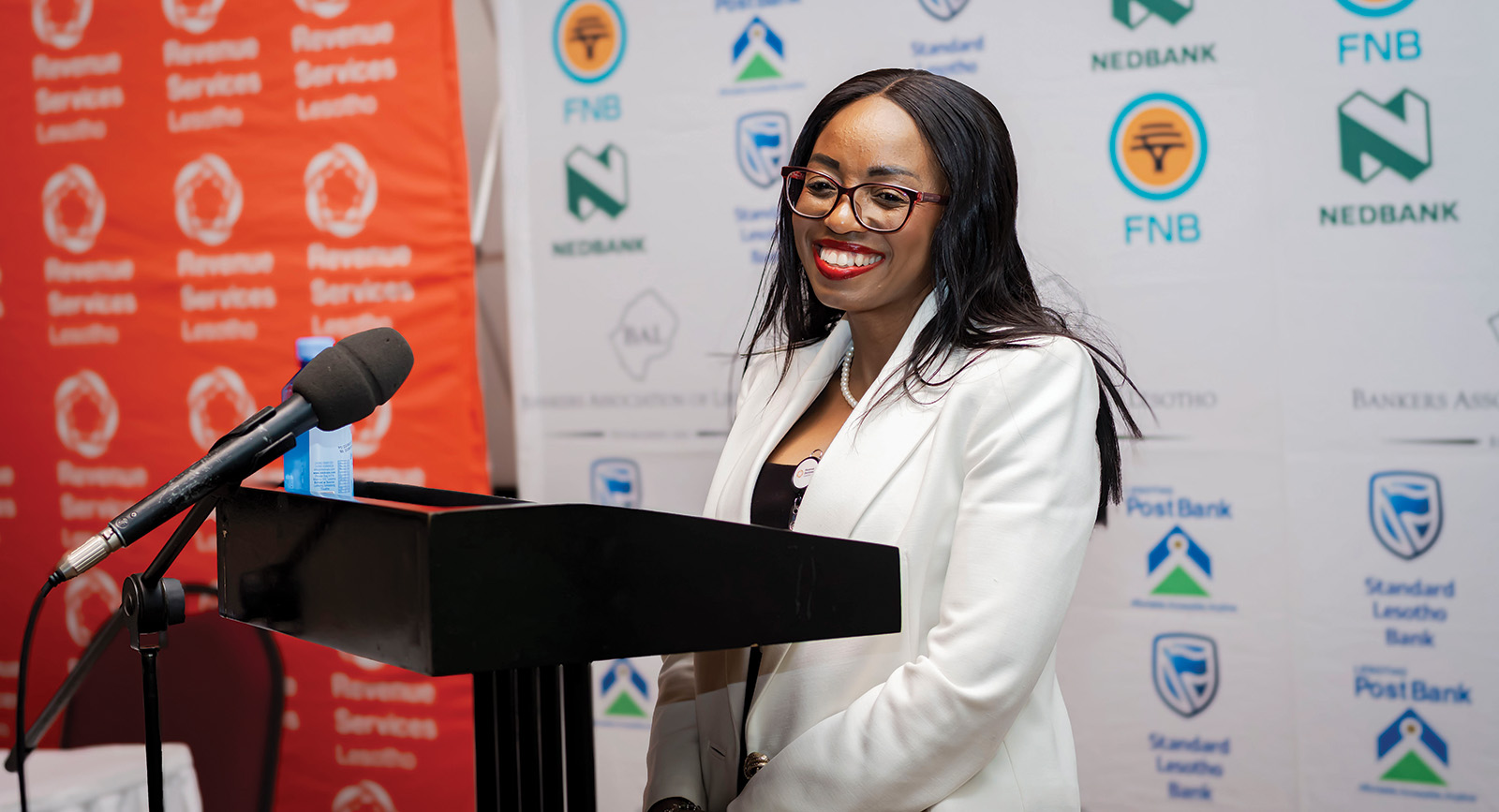
New pact targets tax compliance, jobs
17 days ago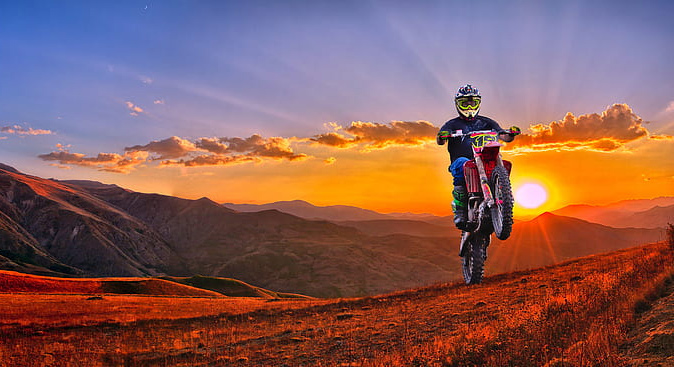
Lesotho to host first-ever SACC race
18 days ago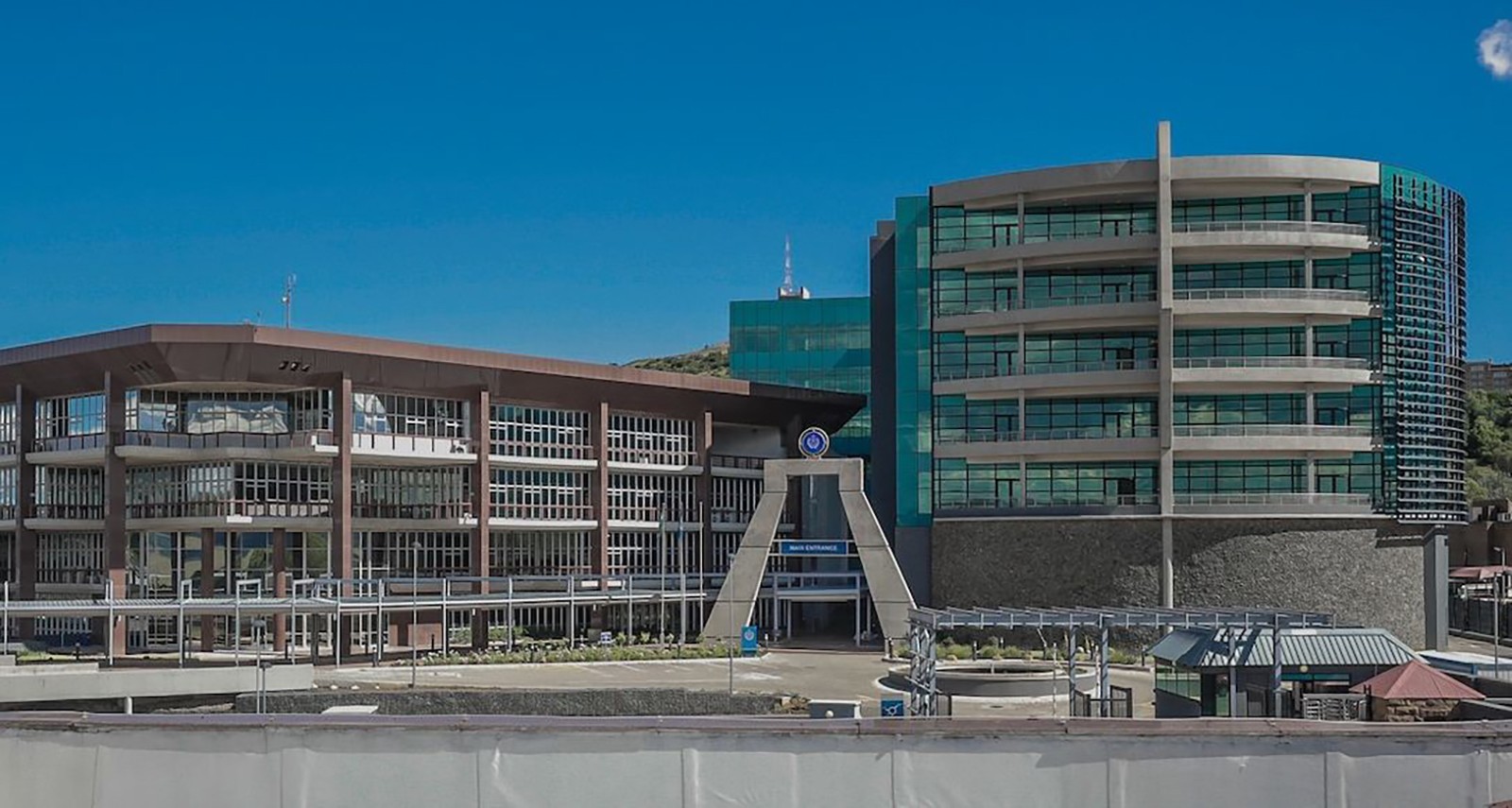
CBL holds rate, shields peg from global storms
18 days ago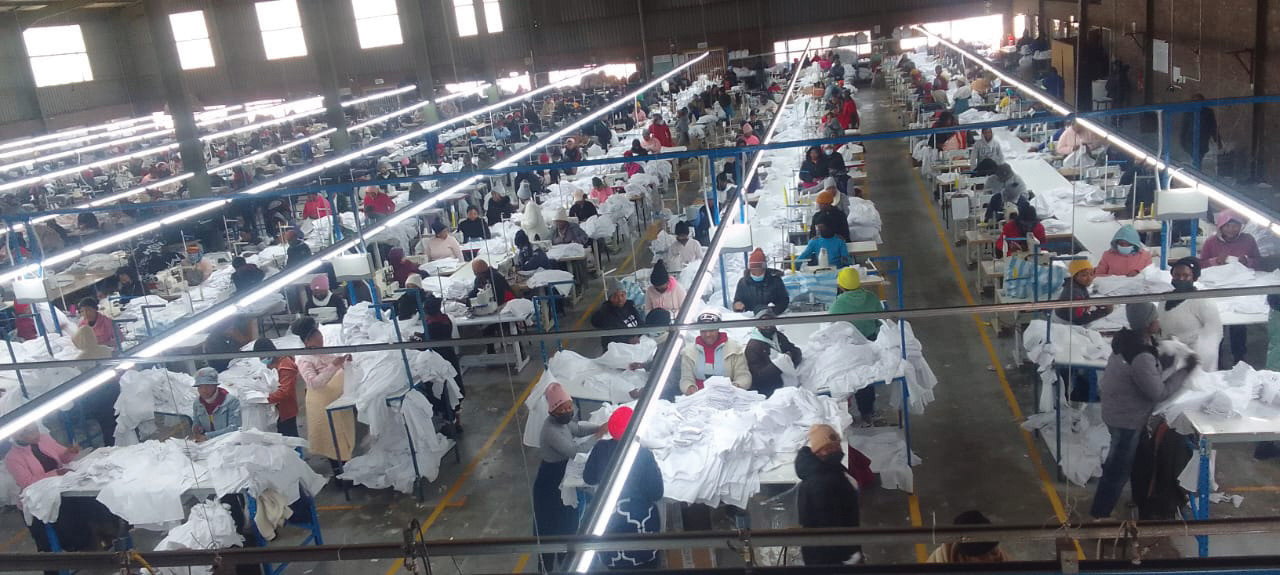
Trade unions cast doubt on AGOA renewal
21 days ago
Nigerian surveyor ordered to vacate govt house
21 days ago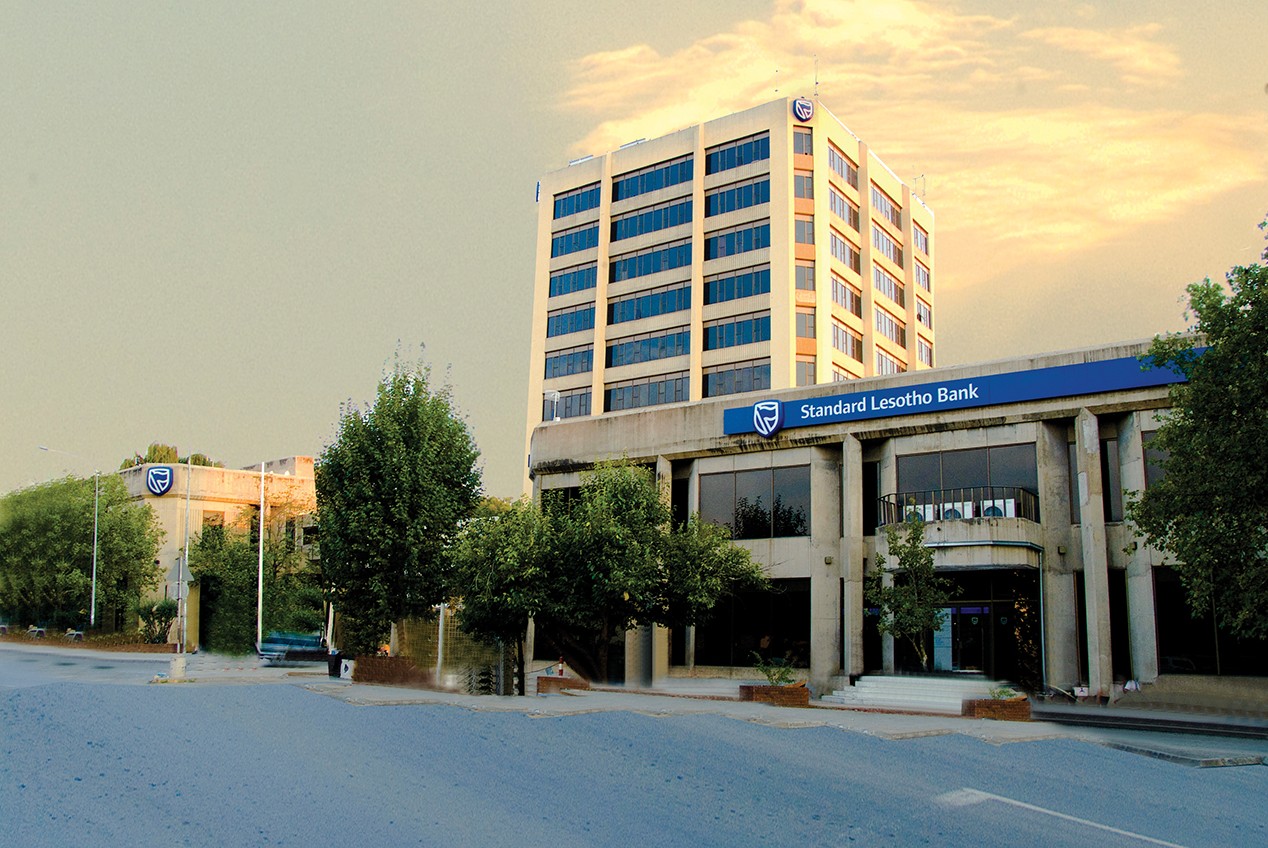
SLB invests M240k through LUCSA partnership
21 days ago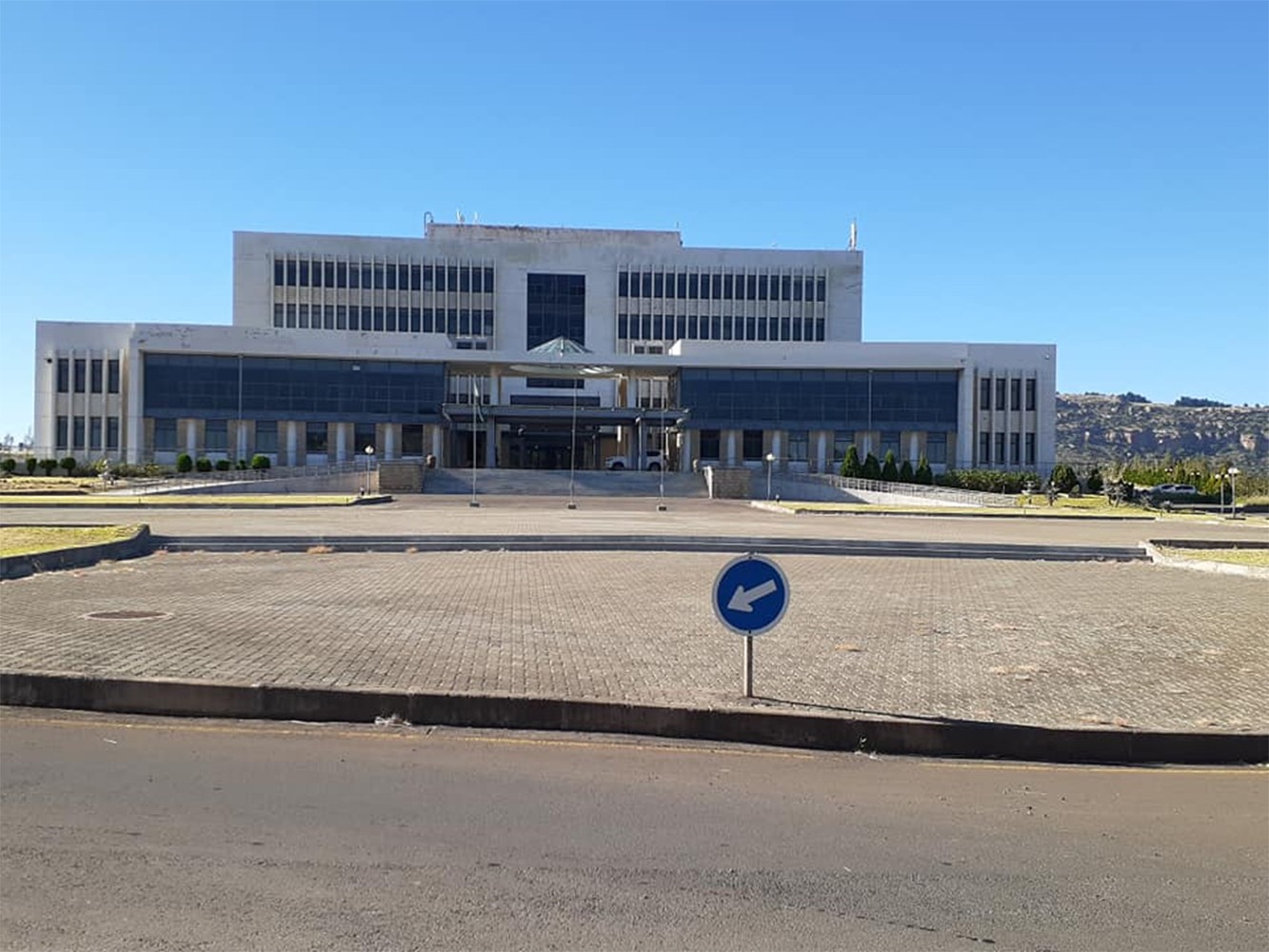
Parly derides finance minister
22 days ago